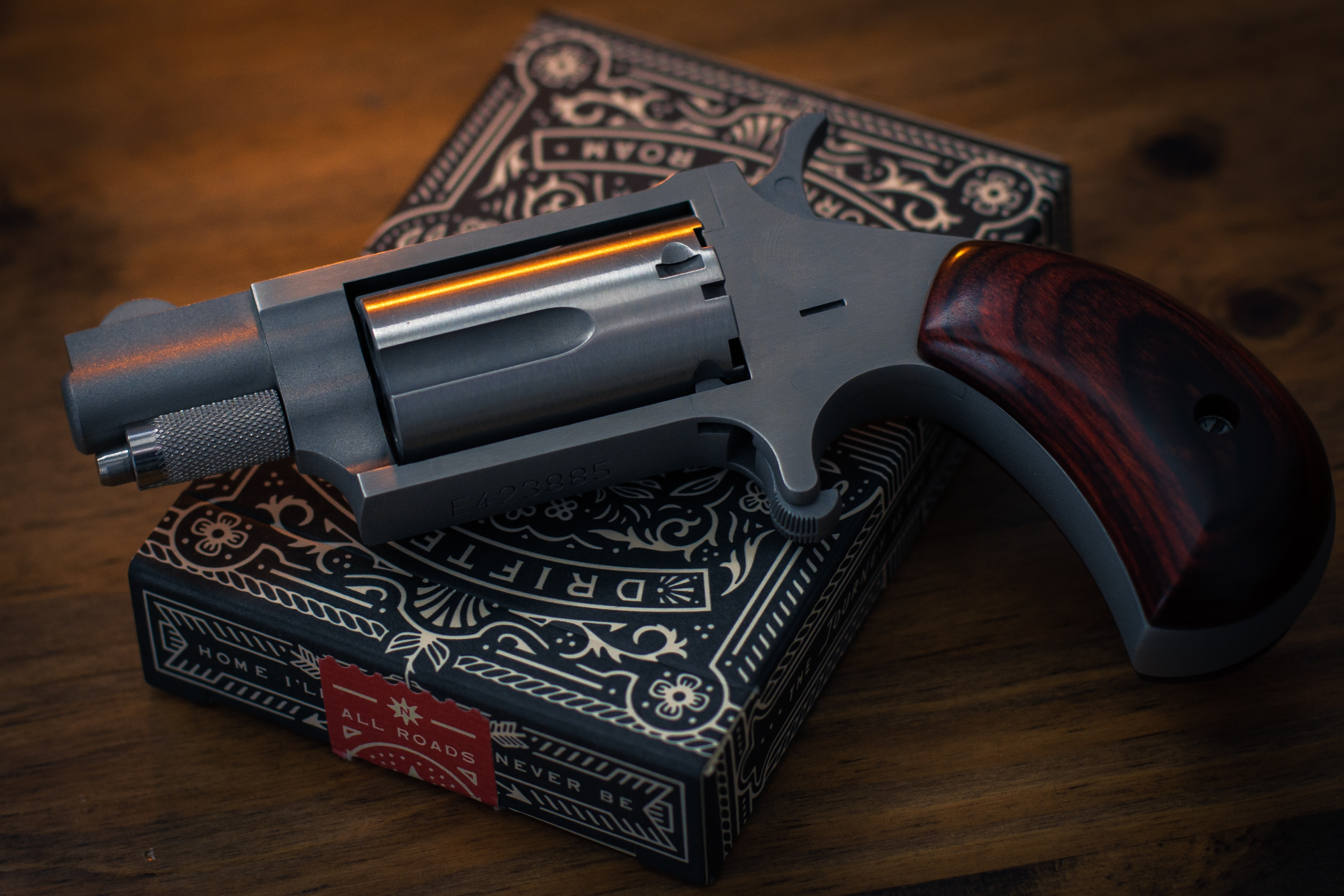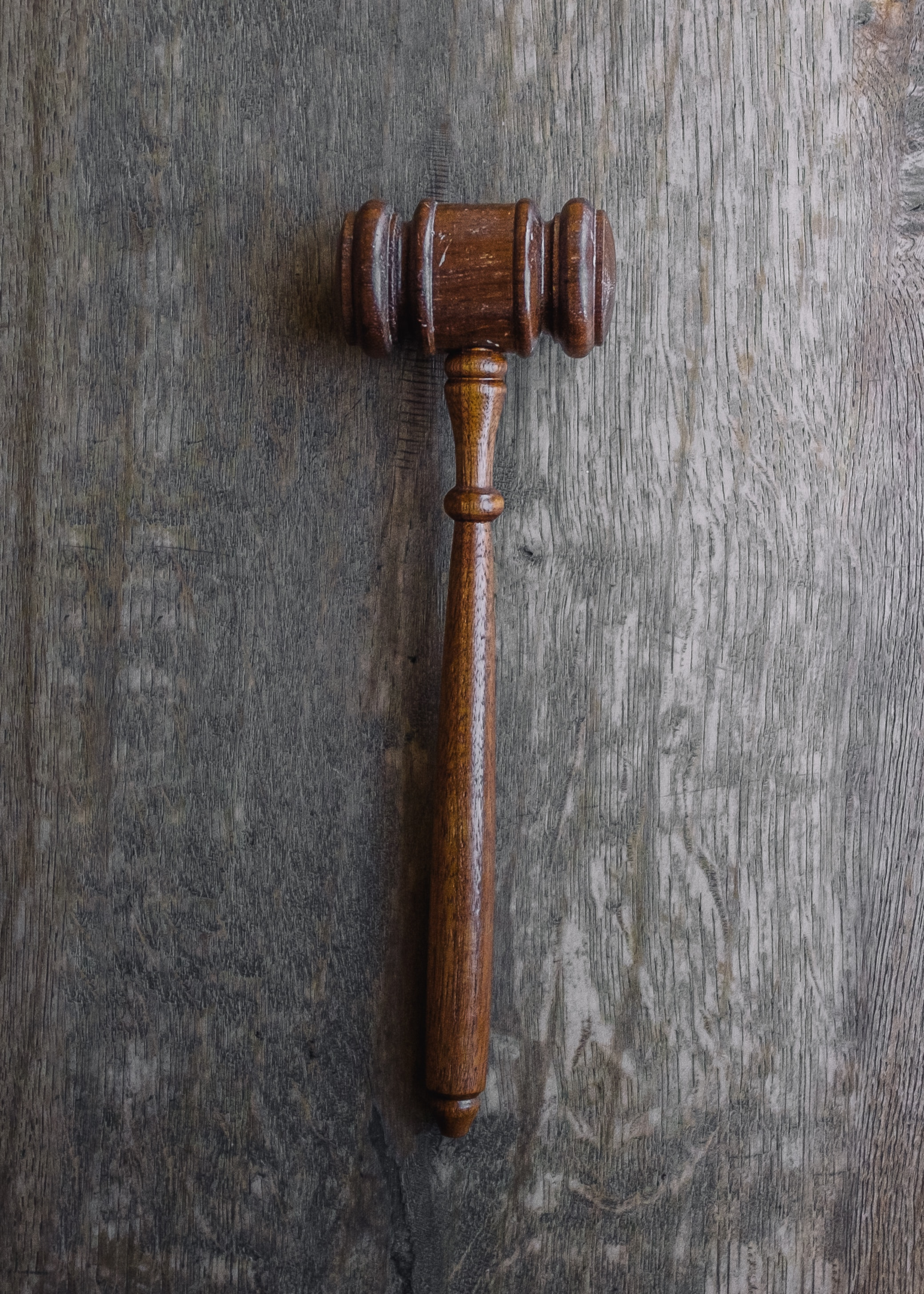CRIMINAL DEFENSE
Austin Unlawful Carry of Weapon Attorney
Austin Unlawful Carry Attorney (UCW)
At ATX Legal, we understand that a charge of Unlawful Carrying of Weapons (UCW) can have serious consequences. As a criminal defense attorney, I am dedicated to protecting your rights and freedoms. Every case is unique and requires a personalized approach. In Travis County especially, CA Delia Garza has decided to make firearms a focus, and requires weapons forfeiture in many cases. We’re ready to defend your rights and challenge the allegations against you.What is the current Texas law about UCW? Texas Penal Code §46.02
Under Texas Penal Code §46.02, pertaining to the Unlawful Carrying of Weapons (UCW), a person commits an offense if they intentionally, knowingly, or recklessly carries on or about his or her person a handgun, illegal knife, or club. Further to the provisions of the TCP §46.02, it’s important to note that the law also explicitly prohibits the carrying of a firearm while engaging in any criminal activity beyond a Class C misdemeanor traffic violation. This means that even if you are licensed to carry a weapon, it is offense if the person is simultaneously committing another crime – even a DWI. Exceptions exist for those on their own premises, inside or en route to a motor vehicle or watercraft owned by the individual, or under the direct supervision of a peace officer. Violating this statute is generally considered a Class A misdemeanor, but under certain circumstances, it can be elevated to a third-degree felony.Punishment for Unlawful Carry of a Weapon in Texas?
In Texas, the punishment for unlawful carry of a weapon (UCW) varies depending on the specifics of the offense. Generally, violation of TCP §46.02 is a Class A misdemeanor, punishable by up to one year in jail and/or a fine not to exceed $4,000. However, if the offense is committed on premises licensed to sell alcoholic beverages, it escalates to a third-degree felony. In such cases, the convicted individual could face between 2 and 10 years in state prison, and may be fined up to $10,000. In addition, certain circumstances, such as prior convictions or the presence of additional criminal offenses, may lead to enhanced penalties. It’s crucial to consult a legal professional to understand the potential consequences in relation to your specific situation.Defenses to Unlawful Carry of a Weapon Charges?
Possible defenses to unlawful carrying a weapon charges depend largely on the specific circumstances of the case. However, some common defenses include:- Lack of Knowledge: The defendant may argue that they were not aware they were carrying a weapon, particularly if the weapon was not in their immediate possession.
- Unlawful Search and Seizure: If the weapon was found as the result of an unlawful search by law enforcement, any evidence obtained could be deemed inadmissible in court.
- Lack of Control: If the defendant can demonstrate that the weapon was not under the person’s control or within their actual possession, this could form a viable defense. This requires proving that they did not have the ability to exercise dominion or authority over the firearm, such as in situations where the weapon was held by another individual or stored in a location inaccessible to them.
- Exception Applies: A defense to unlawful carrying of a weapon charges can be established if the defendant demonstrates that an exception applies to their situation. For example, it is permissible to carry a weapon in one’s own home or motor vehicle or they are directly en route to that location.

Unlawful Carry of a Weapon – Airports
Under Texas law, Unlawful Carrying a Weapon (UCW) extends to airport premises as well, as outlined in Texas Penal Code §46.03. Specifically, it is deemed illegal to possess a firearm, illegal knife, or club in the secured area of an airport. ‘Secured area’ refers to the part of an airport terminal building to which access is controlled by the inspection of his or her person and property under federal law. If a person violates this statue, it is a third-degree felony punishable by a fine and imprisonment. However, it is an exception if the person was carrying a concealed handgun with a permit and immediately exited the premises upon completion of the required screening processes and notification of the possession of the handgun.How did the UCW law change when Texas passed the Open Carry Laws?
In 2016, the introduction of the Open Carry Laws in Texas brought significant changes to the Unlawful Carrying a Weapon regulations. Prior to this, it was generally unlawful to carry a handgun outside of one’s property. However, the Open Carry Laws, formally known as House Bill 910, now permit individuals with a License to Carry (LTC) to openly carry their handguns in most public places, provided the weapon is secured in a shoulder or belt holster. In 2021, further changes were made to gun laws in Texas with the passing of House Bill 1927, often referred to as the “permitless carry” law. This law, which took effect on September 1, 2021, removed the requirement for Texas residents to obtain a license to carry handguns if they are not prohibited by state or federal law from possessing a firearm. It’s important to note, however, that while the law eliminates the licensing requirement for carrying both concealed and openly carried handguns, a person commits an offense if they violate laws regarding the carry of long guns or the rules about where firearms can be carried. As with the previous laws, private property owners are still allowed to prohibit weapons on their premises, and certain public locations continue to be off-limits for firearms. Moreover, certain designated spaces like schools, airports, and government buildings still enforce strict no-carry policies.
Who Can Open Carry in Texas?
In Texas, individuals who hold a License to Carry (LTC) are permitted to open carry. To obtain an LTC, one must be 21 years of age or older, unless currently serving in, or honorably discharged from, the military, where the age limit is 18. Applicants must also meet federal qualifications to purchase a handgun. Furthermore, they must complete a required training course, pass a written examination and shooting proficiency test. It’s important to note that individuals with a prior felony conviction, Class A or B misdemeanors, or disorderly conduct offenses are ineligible for an LTC. Those with restraining orders or pending charges may also be ineligible. Therefore, the right to open carry in Texas is not universal but is restricted to responsible, law-abiding citizens who have undergone the necessary licensing procedures.Who is exempt from the Unlawful Carrying Weapons law?
Certain individuals are exempt and are allowed to carry a handgun in Texas. These include law enforcement officers, judicial officers, and other public officials while they are performing their official duties. Additionally, individuals with a License to Carry (LTC) who are not prohibited by law from possessing a firearm are also exempt. The law also exempts persons who are traveling, persons engaged in lawful hunting, fishing, or other sporting activity, and individuals who are on their own property or inside of their own motor vehicle. Remember, these exceptions do not give carte blanche permission to carry a weapon anywhere. Restrictions still apply to certain locations and situations, such as schools, government buildings, and private properties where guns are expressly prohibited.Can I Carry a Weapon on UT’s Campus?
The University of Texas, like many institutions, has specific guidelines regarding who can lawfully carry weapons on campus. As of August 1, 2016, Senate Bill 11 (Campus Carry) allows concealed handgun license holders to carry concealed handguns on certain areas of university campuses. However, open carry is not permitted on the campus of the University of Texas. The university also maintains the right to designate specific zones as “gun-free zones”. Therefore, while certain individuals may lawfully carry a concealed weapon, it is critical for all students, staff, faculty, and visitors to familiarize themselves with and adhere to the university’s specific policies regarding concealed carry on campus.Unlawful Carrying Weapons Attorney FAQs
How does Texas law define a “handgun,” “illegal knife,” and “club”?
Under Texas law, a “handgun” is any firearm that is designed, made, or adapted to be fired with one hand, a “club” is an instrument that is specially designed, made, or adapted for the purpose of inflicting serious bodily injury or death, and an “illegal knife” is any knife with a blade over five and a half inches, including throwing knives, daggers, and swords.Does the UCW law in Texas apply to all weapons?
No, the UCW law in Texas applies specifically to handguns, illegal knives, and clubs. Other weapons, such as rifles, are governed by different laws and restrictions. It’s important to familiarize oneself with the specific laws pertaining to the weapon one intends to carry.Will my Unlawful Carry Charge Be Dropped if the Underlying Criminal Charge Was Dropped?
If a person commits unlawful carry, it is a separate offense from any underlying crime. The dismissal of an underlying charge does not automatically lead to the dismissal of an unlawful carrying a weapon charge. This is because the unlawful carry charge can be based on the act of carrying a prohibited weapon, not on the commission of another crime. Therefore, even if the underlying charge is dropped, the unlawful carry charge may still be pursued. It is critical to consult with a legal professional for accurate advice tailored to individual circumstances.
Contact an Experienced Unlawful Carrying a Weapon Attorney
At ATX Legal, our attorneys are well-versed in Texas weapon laws, with a proven track record of successfully defending clients against unlawful carry charges. We handle cases in Travis, Hays, and Williamson Counties. Schedule a consultation by filling out a contact form, or texting “consult” to 512-677-5003 We’ll also work to challenge the prosecution’s case, questioning the evidence, its handling, and the intent behind carrying the weapon. Sometimes the County Attorney will request weapons forfeiture. Whether to forfeit the weapon is made on a case by case basis. Typically, there is nothing to prevent you from buying a new weapon to replace it. By tailoring our defense strategies to your unique situation, we aim to deliver the best possible outcome, be it a dismissal, reduced charges, or a favorable plea deal. To discuss your case, please contact our experienced unlawful carry attorneys today.CONTACT ATX LEGAL
Criminal Defense
Menu
505 West 12th Street, Suite 200 Austin Texas 78701
24/7 SUPPORT